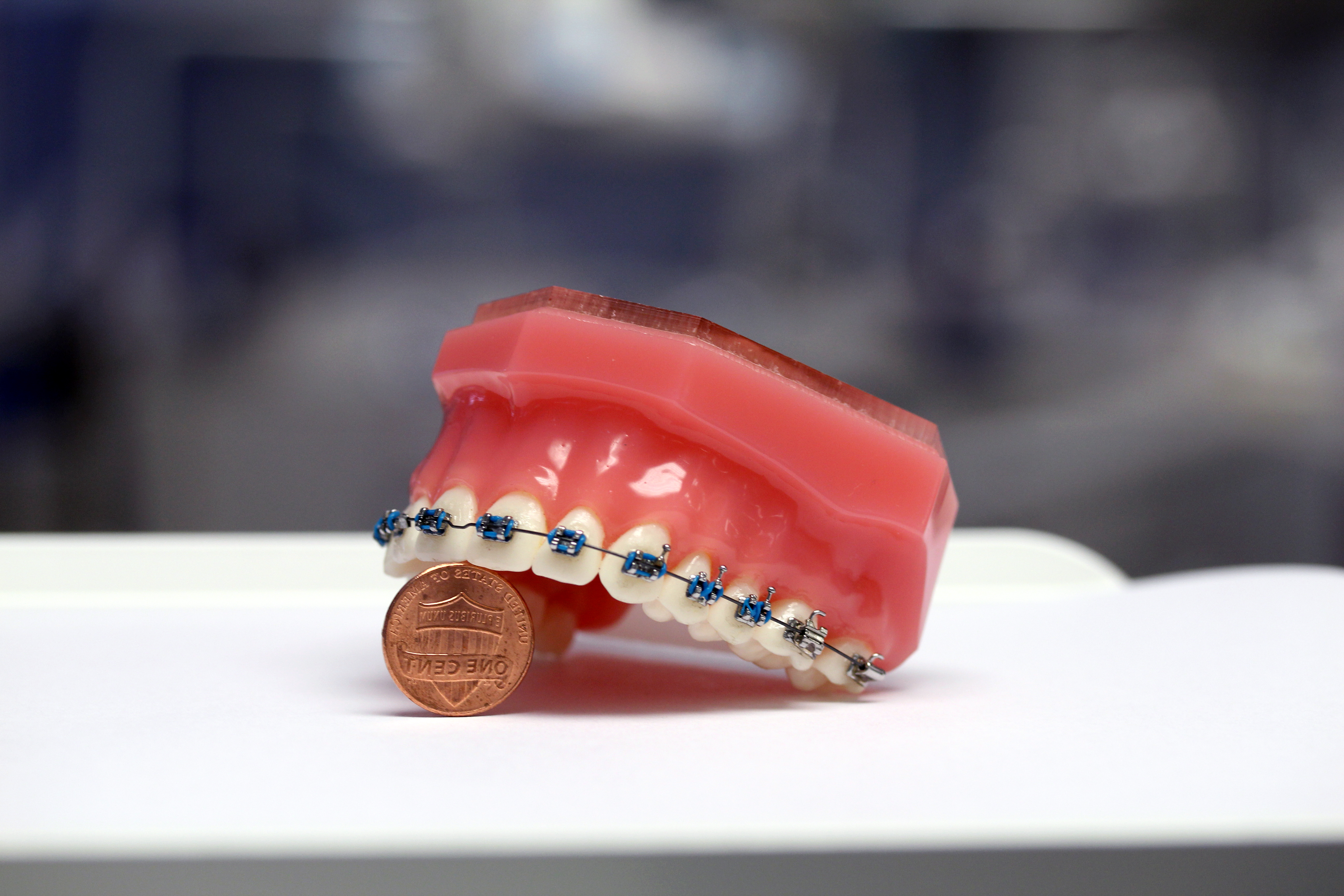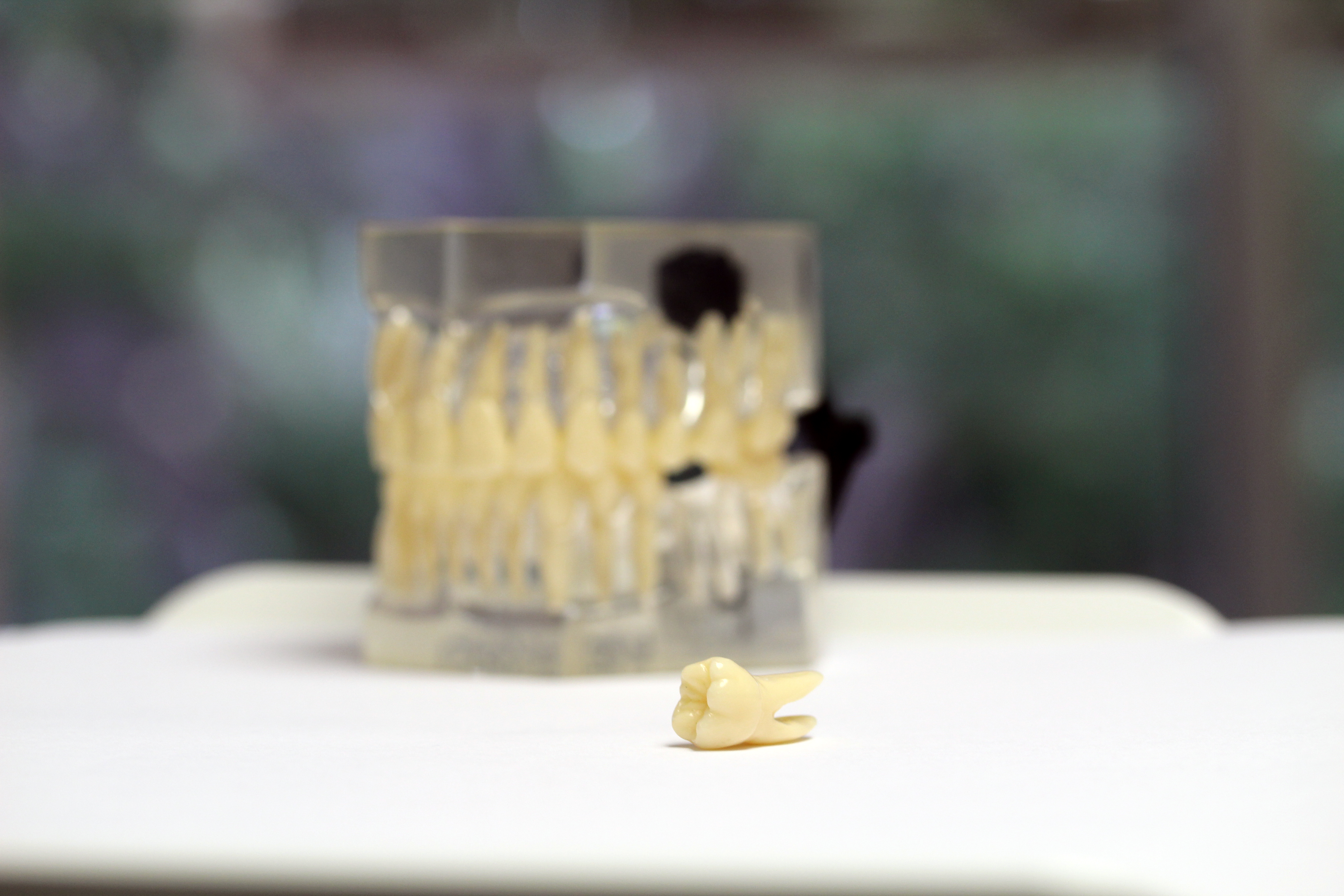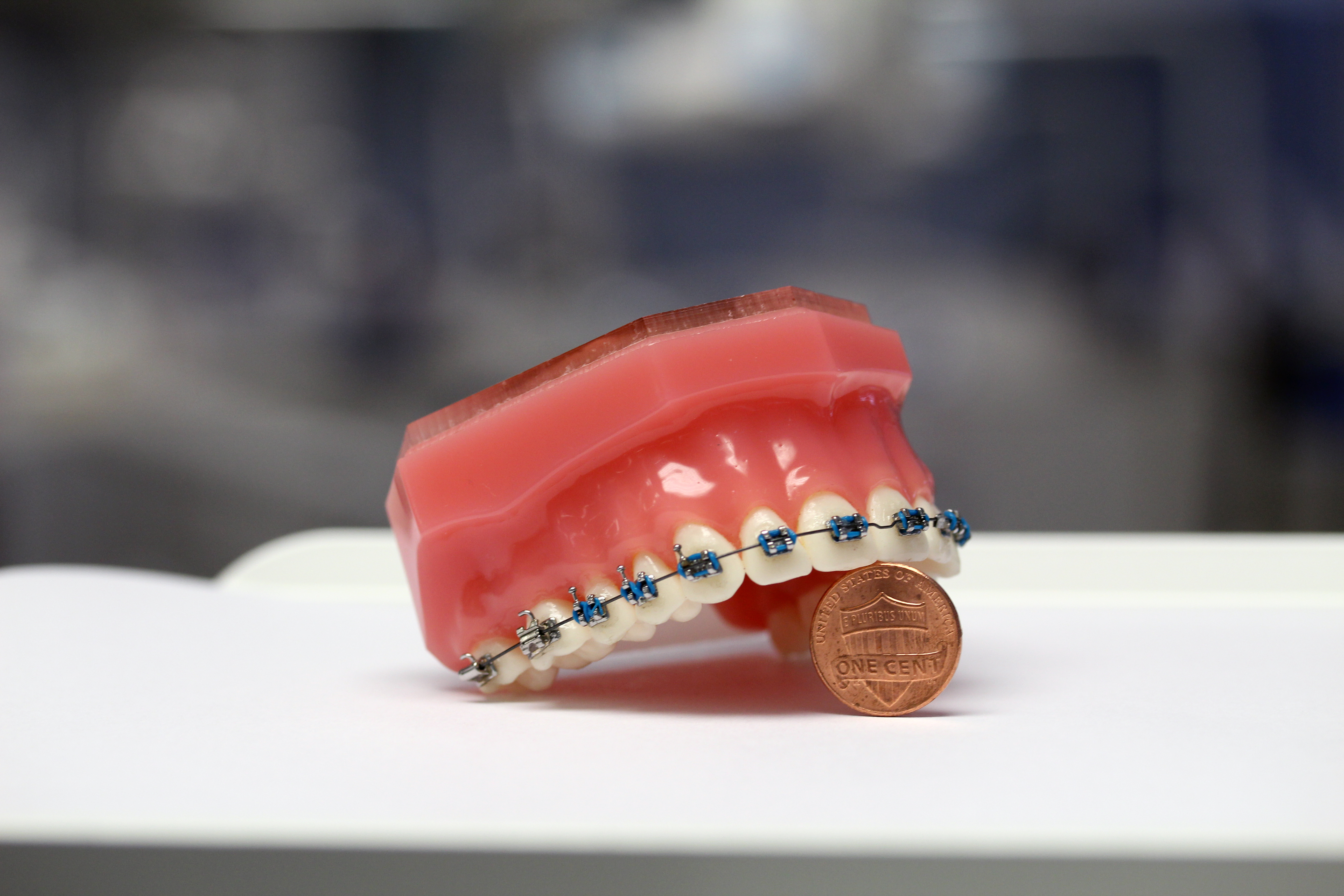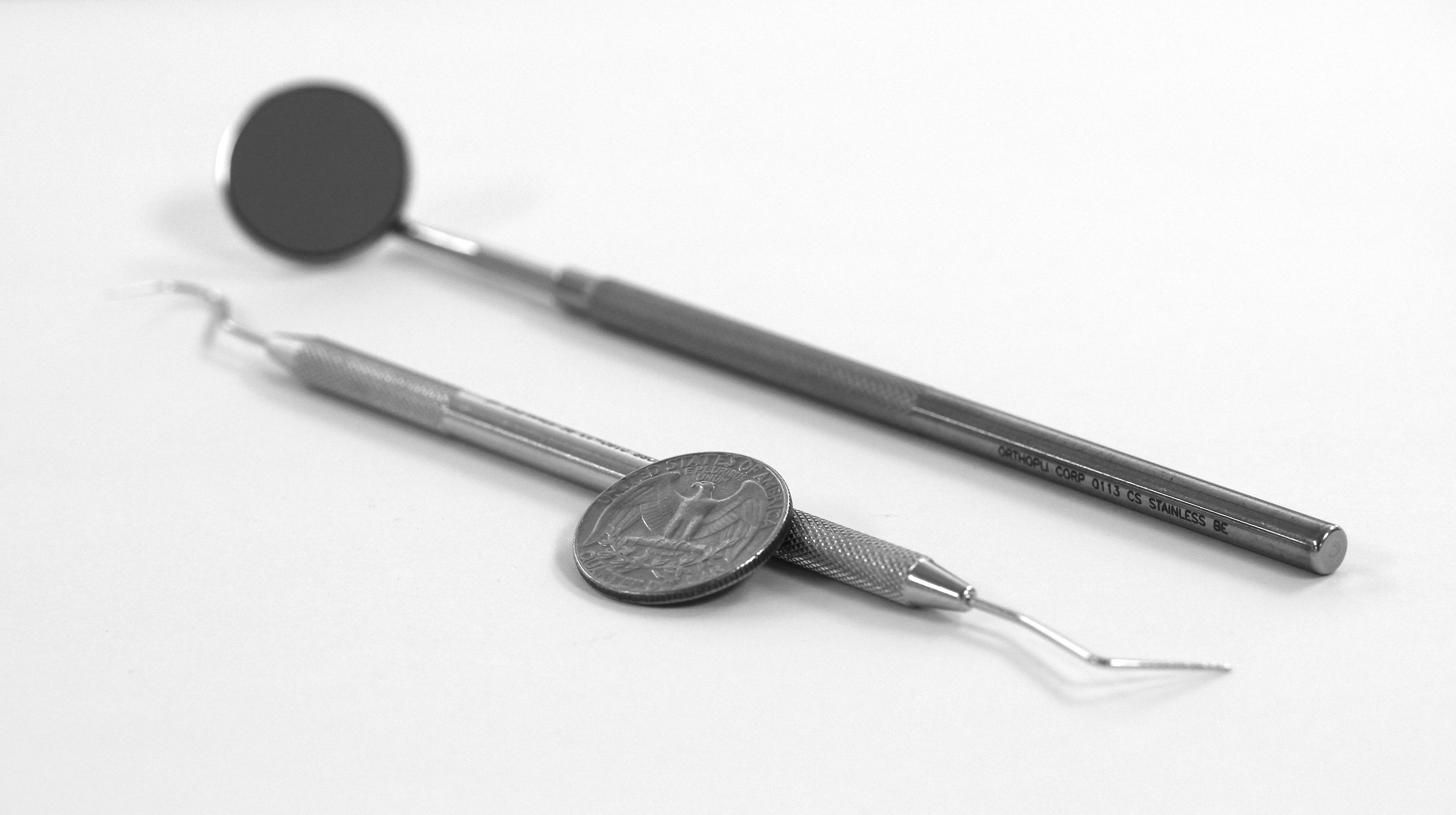In late May, the Wall Street Journal published an article detailing the financial troubles of Dr. Mike Meru. In short, Mike Meru is an orthodontist practicing in Utah who owes more than $1 million in student loans. Yes, you read that right! As a fellow orthodontist, I appreciate his willingness to share so much about his financial life with the public. This is something that many people would never do, no matter their line of work. However, this article brought to the forefront a number of difficult issues uniquely facing the current generation of student borrowers. After all, who is to blame for his $1 million student loan debt?
My residency program held our annual interviews for the newest batch of residents just last month in September. As a residency program that does not participate in the match, we tend to interview applicants on the earlier end of the interview trail. This is similar to what other non-match programs do. In any event, I was asked to give a short, 10-15 minute presentation to the interviewees on a topic of my choosing that would show them what our program has to offer. My topic? Finances during residency.
When people find out I’m a resident in orthodontics, one of the first things they tell me besides their own experience with braces is how fantastic and cushy my future lifestyle will be. That’s open for debate. While people are generally aware of the amount of work and dedication it takes to become a dental specialist, little do they know about the financial costs. With the cost of attendance for dental school increasing every year coupled with the sky high costs for dental residency, let’s crunch some numbers to see what it takes (financially) to become a dental specialist. Spoiler alert: it costs a million dollars — or more — to become an orthodontist.
Whether to apply for 4 Year or 6 Year OMFS programs is perhaps the biggest question facing would-be oral surgeons. Previously we looked at the major differences between the two types of programs. Often times, applicants automatically place the dual-degree residency above the shorter residency without thinking through the real economic costs. From a financial perspective, 4 Year and 6 Year OMFS residencies could not be more different.
Everyone knows that medical residencies pay their residents a stipend. Sure, it’s not a glamorous amount given the eight plus years of post-secondary education. But don’t forget that an average medical resident salary of $56,500 is approximately that of the average American household income. The vast majority of dental residencies, however, charge exorbitant tuition. And from the way things are going, it looks like this won’t be changing anytime soon.
Something that I’ve thought about and been asked countless times by my working friends, friends in other professional schools, and other well-intentioned folks is why dental school is so darn expensive. The leading question, however, is how much it really costs.





